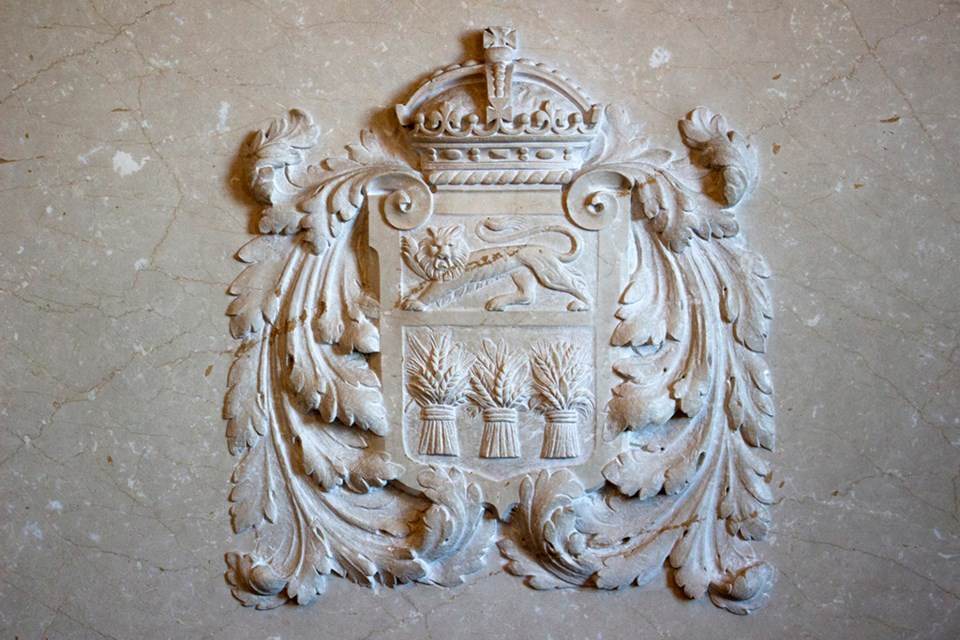REGINA — The inquest into the death of Kalin Dean Holonics began Monday. Holonics was discovered unresponsive in his cell at the Regina Provincial Correctional Centre on July 9, 2020, and the inquest is seeking to find the cause of his death, to inform the public of the circumstances, and discover policies to implement in order to prevent similar occurrences.
Coroner Brent Gough, KC, is presiding over the inquest and assembled a full jury on the first day of proceedings. He stressed that the purpose of the inquest is not to find fault that led to Holonics’ death or find liability, rather to disclose facts.
Six witnesses were called for their testimony on the first day, made up of corrections officers and the nursing staff that attempted to revive Holonics.
The first of 14 witnesses was Elijah Watchman, a correctional officer of over five years who was not only responsible for the area Holonics was in, but the two men were also friends previous to Holonics’ incarceration, having played basketball together.
Coroner’s Counsel Robin Ritter was first to ask questions of Watchman while members of the jury diligently took notes.
Watchman described having had conversations with Holonics daily, and that they had a good relationship. He called Holonics “…very intelligent, a smart man…” and noted he “never gave us any trouble.”
Christopher Lemay, a corrections officer of 16 years and Watchman’s partner, echoed the sentiments about Holonics.
“He spoke intelligently and he was polite at all times,” Lemay said.
Watchman and Lemay began their shift on July 9, 2020 at 7:30 a.m. and began preparing for the first stand count of the day after a briefing from the night staff, who noted the previous evening presented “no issues.”
During the count, Holonics did not emerge from his cell. As was standard practice, a nearby inmate was asked to take a look into the cell. That inmate was Larry Worm, who stepped in, came back out, and according to Lemay, “…looked like he saw something he didn’t want to see.”
That’s when Watchman walked to Holonics’ cell and noticed the man laying face-down on his mattress, which had been moved to the floor of his cell. This was not abnormal, as Watchman explained having had a conversation with Holonics about moving the mattress.
However, when Watchman neared Holonics, he could tell the inmate was not well. Watchman proceeded to “call a Code Blue” and medical staff responded to attempt lifesaving measures while an ambulance was en route. Ultimately, the best efforts of the medical staff and emergency crew could not resuscitate Holonics.
When asked of measures the centre could take to avoid another death, Watchman suggested having a drug search canine in the premises more often and informal checks done every hour. In fact, the hourly checks had been implemented shortly after Holonics’ death, whereas only three checks were performed during evening shifts previously.
Candice Grant, representing Corrections, was next to examine Watchman, asking to expand about a conversation the two men had about “bad drugs” surfacing within the centre. Watchman replied that he knew Holonics struggled with alcohol and was “very upfront” about the subject. He added Holonics did not want to do drugs; that he “said he didn’t enjoy it.”
Representing the family of Holonics was Nicolas Brown, who inquired about the practice of “throw overs” as a way illegal drugs are transported to inmates - literally throwing packages over the fence surrounding the correctional centre. Watchman explained that there are two walls approximately 12 to 15 feet tall, but they could be compromised by a drone flying overhead or someone throwing a package overtop. He further explained that there are escort staff who patrol the area, a person in a vehicle noting vehicles going in and out of the facility and closed circuit video cameras. Inmates are also subject to scanners and searches when returning to cells from outside.
The inquest is expected to last another two days





